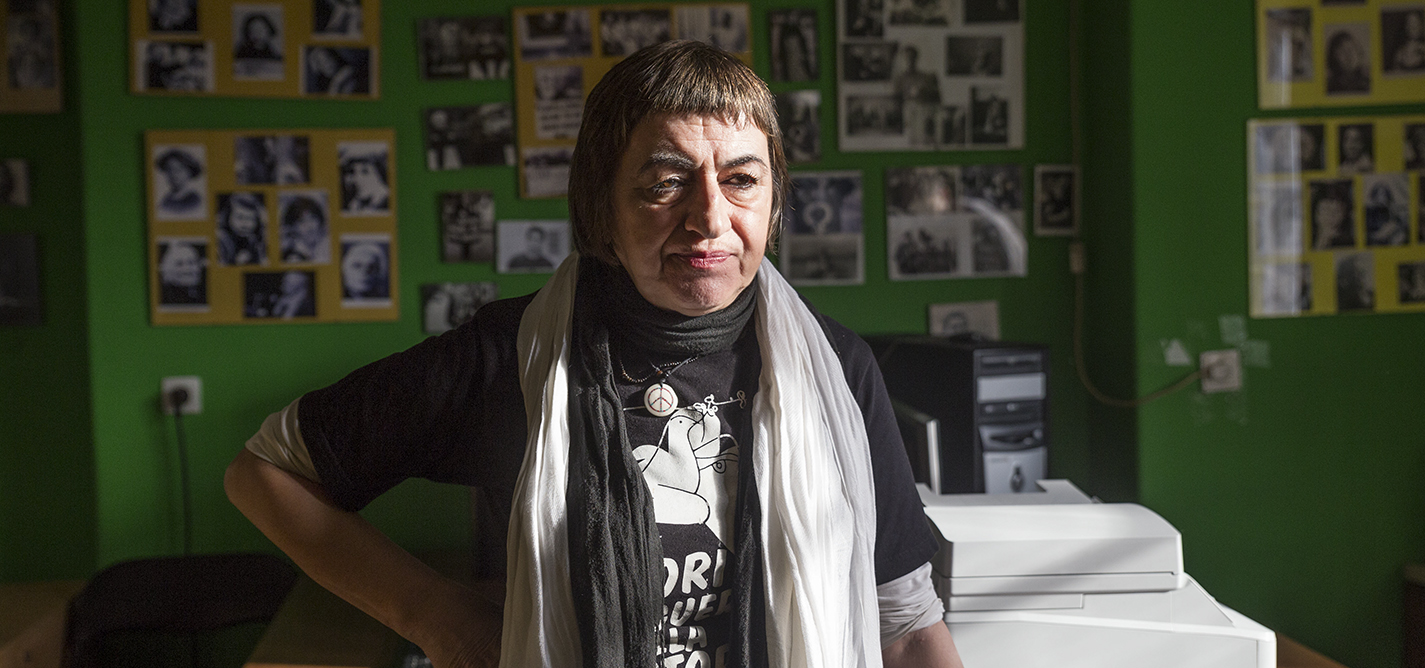
Staša Zajović: It’s often forgotten that human rights encompass the freedom to dream
Women in Black group coordinator talks refugees, wars, Kosovo’s independence and human rights.
|29.12.2018
|
"We are bonded by the patriarchal mentality, because Kosovo is not only Prishtina, and Serbia is not only Belgrade. Kosovo is Ferizaj, and Serbia is Svilajnac."

Sanja Sojic
Sanja Šojić is a journalist form Belgrade. She writes for the media in Serbia and the region, including the weekly Vreme. Her focus is on economic, political and social issues.
This story was originally written in Serbian.